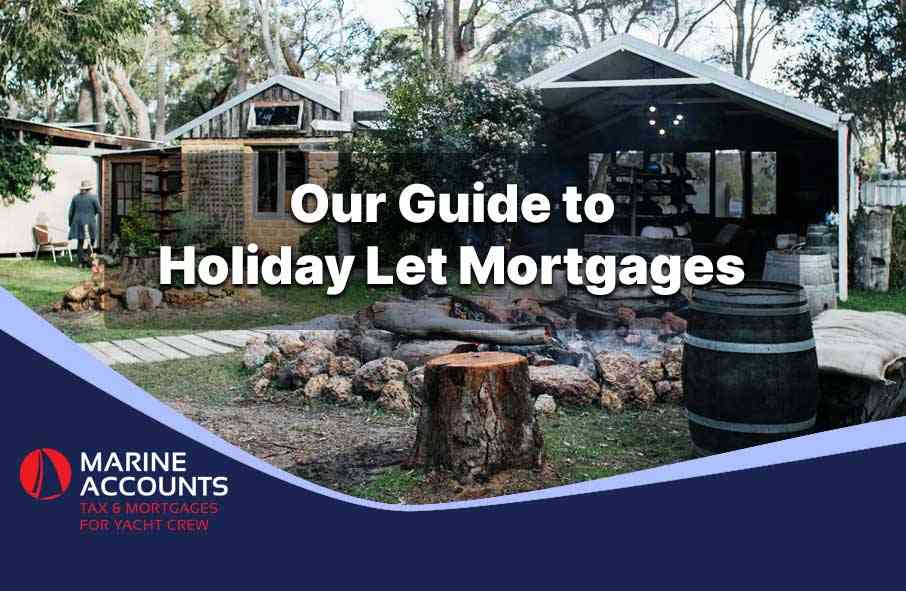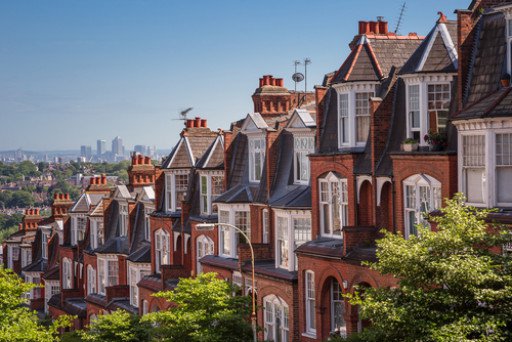Our Guide to Holiday Let Mortgages
- Authors
-
-

- Name
- Patrick Maflin
-

With Covid restrictions still hindering our holiday destination choices, owning a property in the UK to rent out to holiday makers could be a great investment.
After all, who hasn’t browsed through AirBnB and thought they could do better?
However, getting a mortgage for a holiday let is more complicated than getting a standard mortgage and will be subject to specific criteria set by the lender and by the government.
Read on to find out more or click a link below to jump chapter.
Chapters
Type of Mortgage

Image source: https://www.pexels.com/photo/buildings-with-glass-windows-351264/
In the UK, if you need to borrow money to buy a property, how you plan to use determines the type of mortgage that you should request.
If you are going to use the property as your main residence and it will be your home, then a standard residential mortgage will suffice.
However, if you plan to make money from the property by letting it out, you will need a different type of mortgage called a 'buy to let' mortgage.
There are strict rules about these investments, one of which is that you cannot live in the property yourself and that it must be let out on an assured shorthold tenancy basis (or longer term).
If you wish to occasionally stay at the property and then let it out the rest of the time on shorter lets, then a ‘holiday let’ mortgage may be what you need, especially if the property is in a popular tourist area.
Unfortunately, there are fewer lenders offering these and those that do will have rules that restrict who they will lend to.
In turn, the interest rates tend to be higher than for a standard residential or buy to let mortgage to reflect the increased risk the loan represents.
Deposits
As with standard buy-to-let mortgages, you will also need a larger deposit than you would for a residential mortgage - usually between 25 and 30%.
You may also need to have a minimum income to be considered, or be aged at least 21 years old, or already have a property that you live in (owner-occupied) as the holiday let cannot be named as your main residence.
There may even be a limit on how much (or how little) you can borrow or how many holiday lets you could own.
Defining Criteria

Image source: https://www.pexels.com/photo/a-woman-packing-her-suitcase-7365311/
In addition to the rules set out by lenders, the UK government has also defined the criteria that will allow a property to qualify as a holiday let for tax purposes.
The property must be available to rent to holiday-makers for at least 210 days a year and must actually be in use by tourists for at least 105 days.
Each rental should be on a short-term basis with a maximum of 31 days per rental - any longer and the rental will not count towards the minimum period.
If it is rented out to friends or family for preferential rates (or for free), then these also do not count towards the 105 days.
Tax Benefits
It's not all negative though!
There are a number of tax benefits for a holiday let investment that aren’t available to buy to lets.
This includes being allowed to deduct the interest payments on the mortgage to bring your profits down for your tax return, an advantage that is more restrictive for buy to let landlords.
You can also claim allowances for equipment, furniture, fixtures and fittings.
And if you make a loss one year, then this can be offset against future year’s profits so that you’ll pay less tax.
HMRC will also allow you to claim capital gains tax relief on a holiday let when you sell it.
Conclusion
Buying a property to let out to holiday makers is often seen as an easy way to make money to pay off the mortgage quickly.
But as with any investment, there are risks involved and the value of the investment can go down as well as up.
At the same time, it’s a great way to monetise a property that might otherwise be sitting empty when you’re not enjoying it and can be a very rewarding experience.
If you are thinking about taking the leap into commercial property management, please talk to us first.
Also consult your financial adviser for tailored advice on the tax implications of doing so.
Contact Us
If you have questions about property investment income and how this affects tax status, we'd like to hear from you.
Simply get in touch with us today or let us know your thoughts in the comments section below.
Disclaimer: Any advice in this publication is not intended or written by Marine Accounts to be used by a client or entity for the purpose of (i) avoiding penalties that may be imposed on any taxpayer or (ii) promoting, marketing or recommending to another party matters herein.





